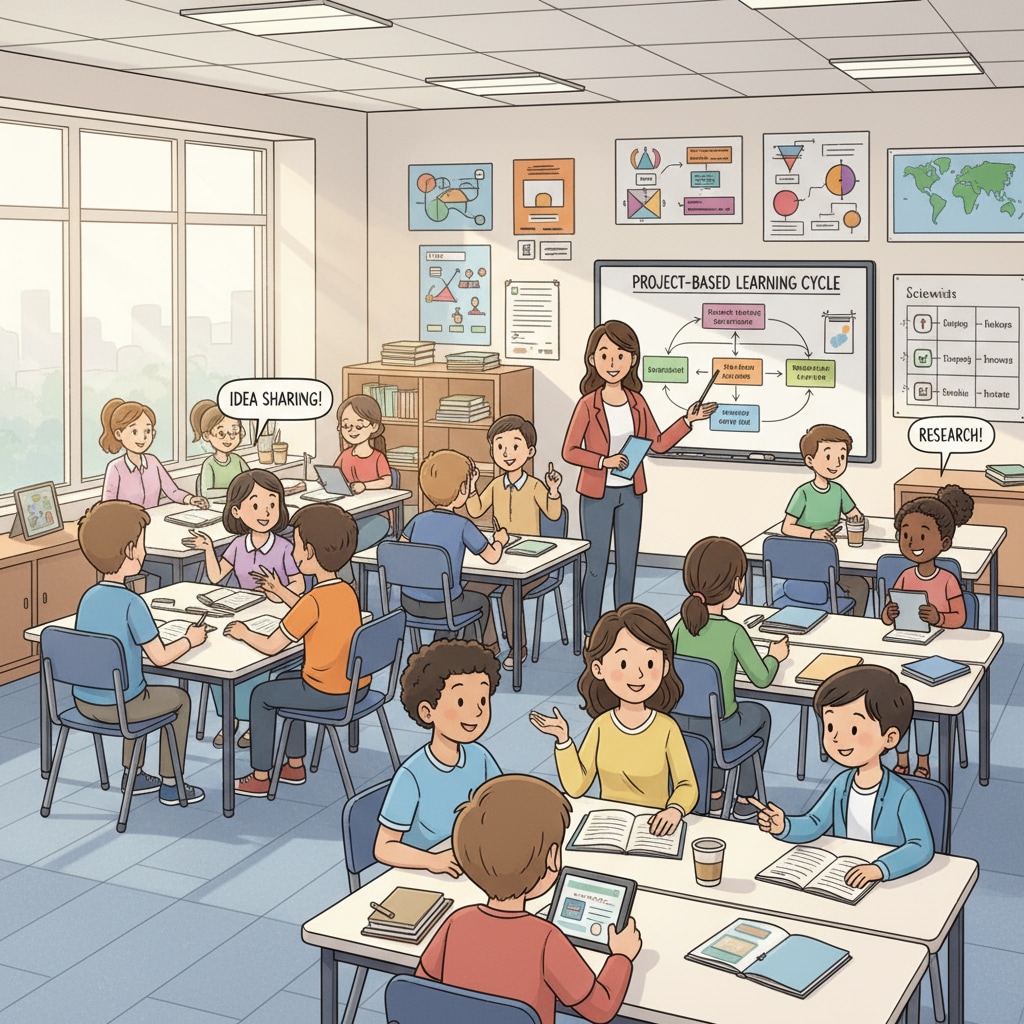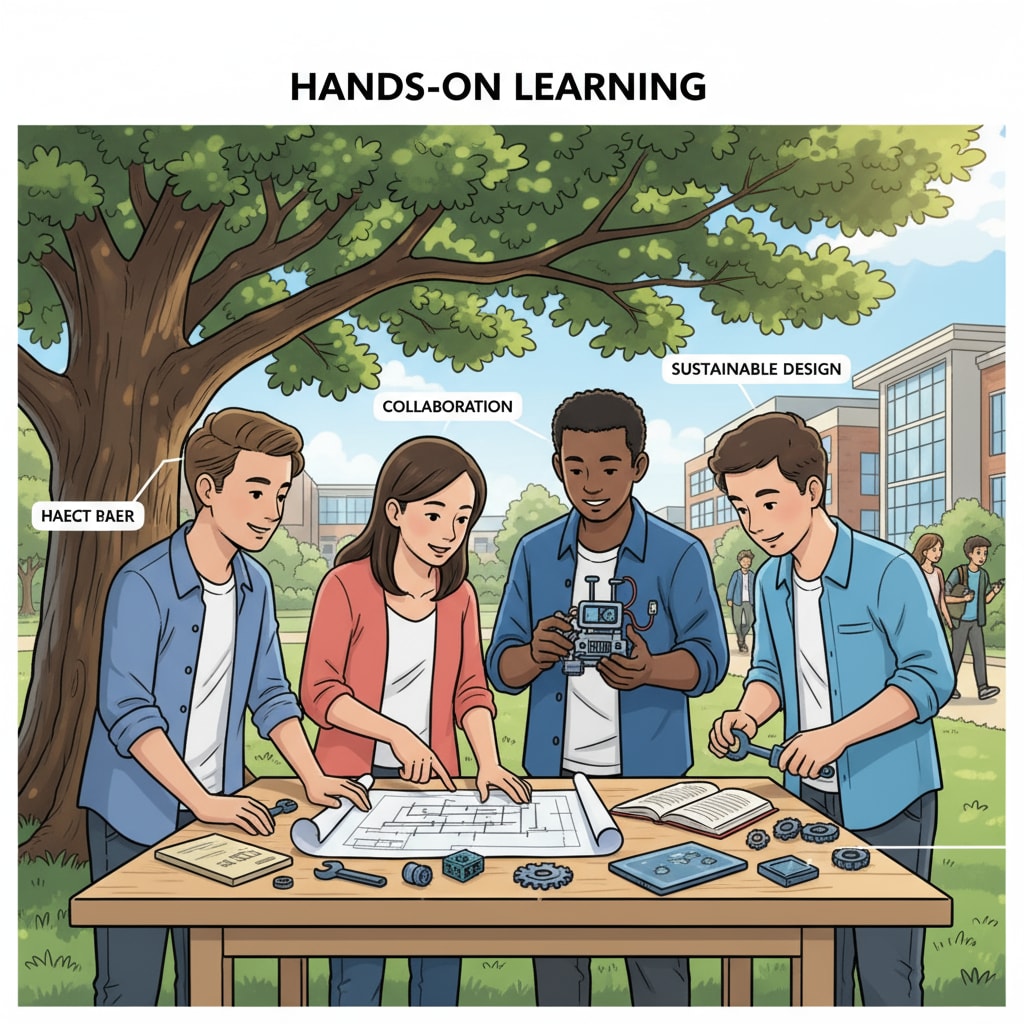Lifelong learning, formal education, and cultural awareness are crucial aspects in the modern educational landscape. In today’s rapidly evolving world, the traditional perception of education as a one-time event limited to the school years is no longer sufficient. The K12 education system, which forms the foundation of a child’s educational journey, often focuses predominantly on formal training, leaving the development of lifelong learning skills on the back burner.

The Pitfalls of K12 Formal Education
K12 formal education typically follows a structured curriculum aimed at preparing students for standardized tests. This approach, while important for imparting basic knowledge, can sometimes lead to a narrow focus. For example, students are often drilled on rote memorization of facts rather than encouraged to think critically and explore their interests. According to Britannica’s Education section, this form of education may not adequately equip students with the skills needed to adapt to the ever-changing demands of the real world.
In addition, the emphasis on grades and academic achievements in K12 can create a high-pressure environment. As a result, students may be more concerned with getting good marks than truly understanding and internalizing the knowledge. This can hinder their ability to develop a love for learning that extends beyond the classroom.
Cultivating Lifelong Learning in K12
To foster lifelong learning in the K12 system, educators and parents need to play active roles. Educators can introduce more project-based learning activities that encourage students to explore topics in depth. For instance, a science project could involve students conducting research, analyzing data, and presenting their findings. This hands-on approach not only enhances their understanding of the subject but also develops skills such as problem-solving and communication, which are essential for lifelong learning. As stated on Wikipedia’s Lifelong Learning page, lifelong learning encompasses continuous acquisition of knowledge and skills throughout life.

Parents, on the other hand, can create a home environment that promotes learning. This could include reading together, visiting museums, or discussing current events. By exposing children to a variety of learning experiences, parents can inspire a curiosity that will drive them to continue learning in the future.
Moreover, integrating cultural awareness into the K12 curriculum can also enhance the development of lifelong learning. Cultural awareness broadens students’ perspectives, allowing them to understand and appreciate different ways of thinking. This exposure can fuel their desire to learn more about the world around them, making learning a more meaningful and continuous process.
Readability guidance: In this article, we’ve seen how the K12 education system has its limitations in promoting lifelong learning. By highlighting the pitfalls of formal education and suggesting ways to cultivate lifelong learning, we aim to encourage a shift in educational thinking. Short paragraphs and the use of examples make the content more accessible, while external links provide additional resources for further exploration.


